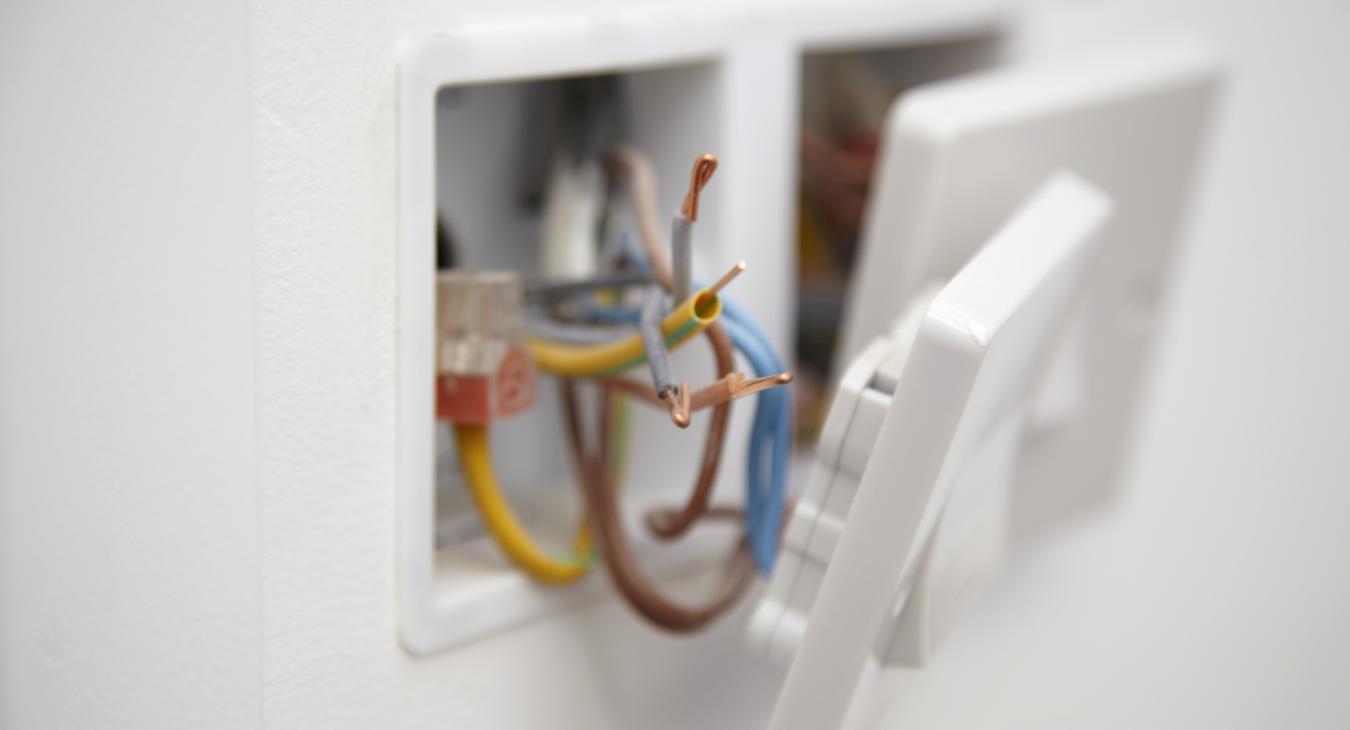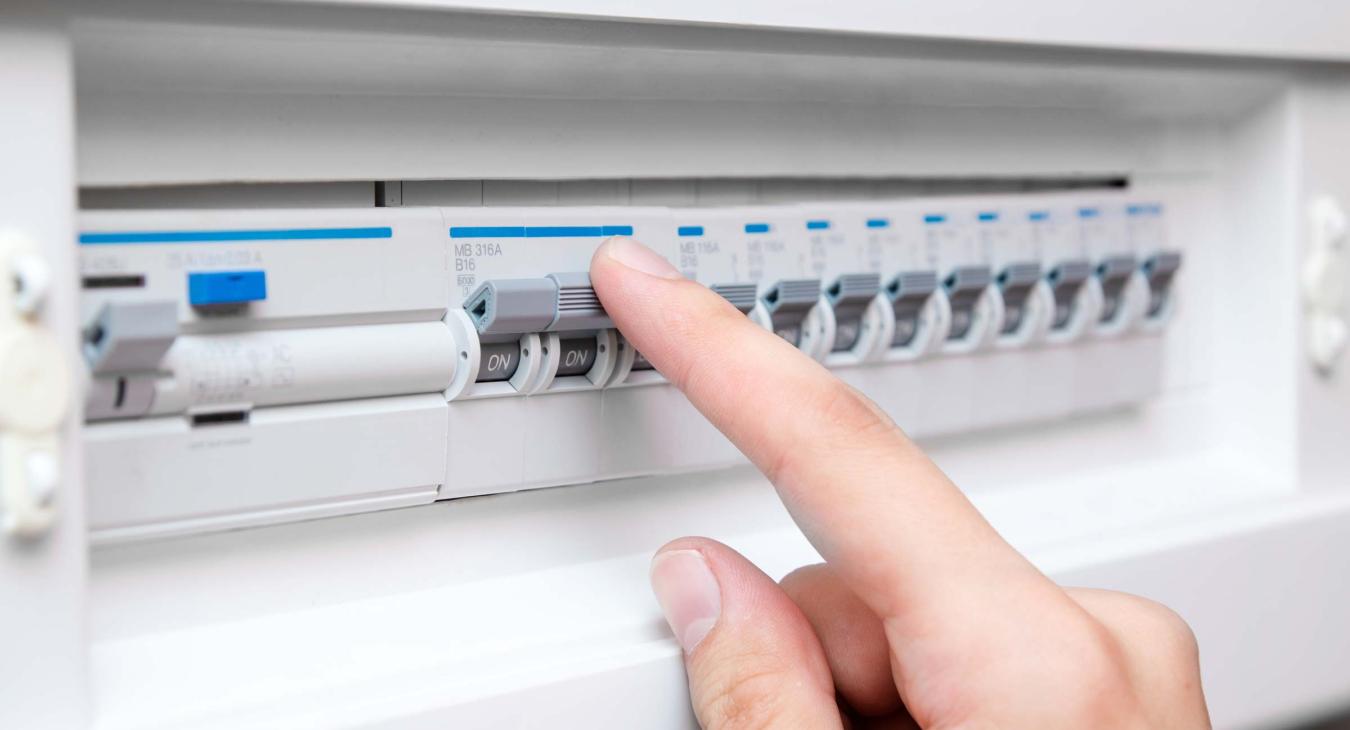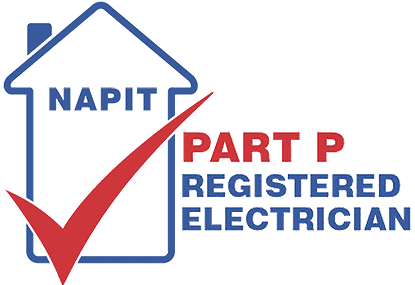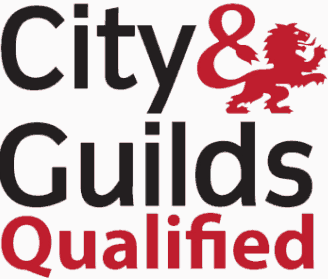
More than half of all accidental house fires start in the kitchen. Last year, nearly 5,500 electrical fires were reported in British domestic kitchens – that’s 15 every single day.
Even more worrying is the fact that over 70 casualties and fatalities per month were reported as a result. Most of these were due to people misusing electrical appliances, so it’s important that you take extra special care when using them.
Here are our top 14 tips to ensure you keep safe in the kitchen:
- Don’t leave appliances such as washing machines, tumble dryers and dishwashers on when you go out. Where possible, turn off appliances before you go to bed.
- Make sure you thoroughly clean your oven, grill and microwave as a build up of fat and grease is a fire risk.
- Don’t put anything other than bread in a toaster while it is plugged in. Avoid the urge to use a knife to free up that annoying piece of stuck toast!
- Never leave anything that’s cooking unattended – 1 in 5 Brits have admitted to falling asleep whilst cooking dinner and it could be so costly.
- Overloaded plug sockets can overheat – check you are not using one power source for multiple appliances.
- Don’t use the microwave as a shelf – over two thirds of Brits have admitted to storing objects on top of the microwave which could be covering vents and creating a fire risk.
- Check that flexible leads and appliances such as kettles and toasters are in good working order, and don’t wrap cables around appliances while they are still warm.
- Defrost your fridge and freezer at least once a year to keep them in good working order.
- Don’t try to repair an appliance while it is still plugged in.
- Water and electricity don’t mix - never use any switches or electrical equipment when your hands are wet.
- Make sure that your sockets and switches are fitted a safe distance away from the sink (at least 30cm horizontally).
- Any sockets in the house which may be used to supply portable equipment outdoors should be protected by an RCD (residual current device) to prevent the risk of harm.
- Make sure you have a smoke detector that works and has been tested regularly for added protection.
- Don’t be tempted to carry out electrical work yourself – leave it to the professionals.
Observing basic rules of kitchen safety is a good habit to develop. Following these tips should ensure your time spent in the kitchen is safe, meaning you can relax at home.






